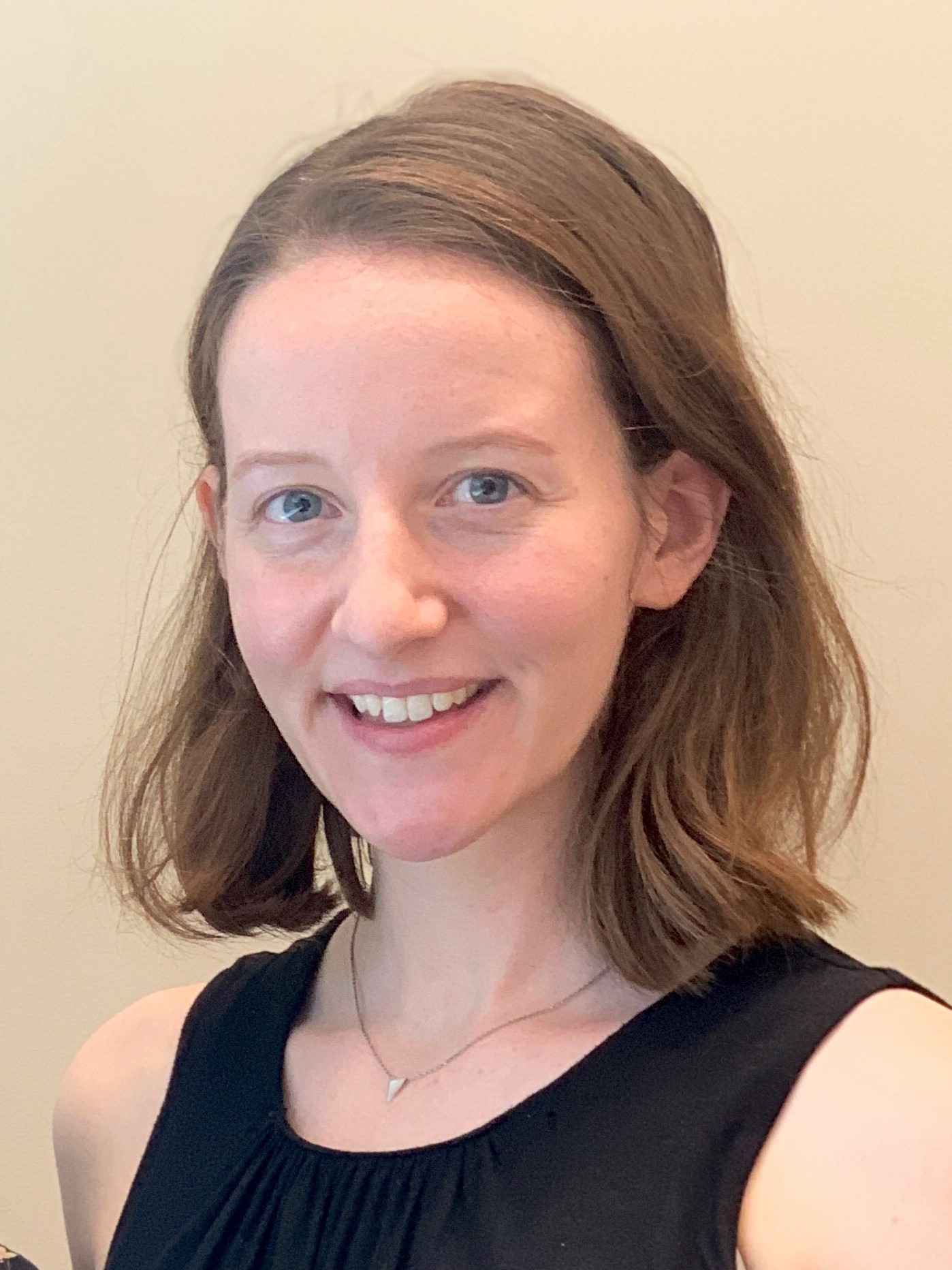
Sarah Pillar
PhD student
BSpchPath(Hons)
Sarah Pillar is a PhD student at The Kids Research Institute Australia. Her role revolves around the intersection between clinical and research work - getting research into clinical practice, and shaping clinical questions into research projects.
Sarah is a Speech Pathologist by background and she developed a passion for supporting autistic children and their families through working directly with families in metropolitan and country WA. She is an ADOS-2 (Autism Diagnostic Observation Scale) trainer.
Sarah has been involved in a number of research projects at The Kids Research Institute Australia, including research into pre-emptive intervention for babies, which supports the development of social-communication skills in the first year of life. Sarah was also a member of the team that developed Australia's first National Guideline for Supporting Autistic Children in Australia.
In 2019, Sarah illustrated a children’s book, bringing to life the words and experiences of children with Developmental Coordination Disorder (DCD). Titled: Sometimes I Find it Hard to Move my Body.
Published research
Evaluation of the Acceptability and Feasibility of the Social Attention and Communication Surveillance-Revised (SACS-R) Tool for Early Identification of Autism in Preterm Infants
Preterm birth is associated with a 3.3-fold increased likelihood of autism diagnosis, with lower gestational age conferring higher likelihood. In Australia, autism is typically diagnosed at around age four, potentially missing the optimal neuroplasticity window before age two. The Social Attention and Communication Surveillance-Revised (SACS-R) tool identifies early autism signs in children aged 11-30 months, enabling pre-emptive intervention.
Low-intensity parent- and clinician-delivered support for young autistic children in Aotearoa New Zealand: a randomised controlled trial
Aotearoa New Zealand does not provide publicly-funded intensive autism support. While parent-mediated supports are promising, children and families may also benefit from direct clinician support. We tested the efficacy of a low-intensity programme involving parent- and clinician-delivered support for autistic children.
Support Preferences and Clinical Decision Support Systems (CDSS) in the Clinical Care of Autistic Children: Stakeholder Perspectives
Clinical decision support systems (CDSS) are increasingly utilised within healthcare settings to enhance decision making. However, few studies have investigated their application in the context of clinical services for autistic people, with no research to date exploring the perspectives of the key stakeholders who are, or in the future may be, impacted by their use.
‘It depends entirely on the nature of those supports’: Community perceptions of the appropriateness of early support services for autistic children
We do not know much about what support services people think are okay for young autistic children. This study was a survey of 253 people. We asked autistic adults, parents, and professionals from Australia and New Zealand whether they thought it was okay to provide support services to autistic children.
Community Priorities for Outcomes Targeted During Professional Supports for Autistic Children and their Families
Professional supports play an important role in aiding autistic children's learning, participation, and overall wellbeing. Yet, limited research exists on stakeholders' perspectives and preferences regarding targeted outcomes for children undergoing support facilitated by professionals.
Estimated Therapy Costs and Downstream Cost Consequences of iBASIS-Video Interaction to Promote Positive Parenting Intervention vs Usual Care Among Children Displaying Early Behavioral Signs of Autism in Australia
The growing global prevalence of autism spectrum disorder is associated with increasing costs for support services. Ascertaining the effects of a successful preemptive intervention for infants showing early behavioral signs of autism on human services budgets is highly policy relevant.
The Utility of Natural Language Samples for Assessing Communication and Language in Infants Referred with Early Signs of Autism
Natural Language Sampling (NLS) offers clear potential for communication and language assessment, where other data might be difficult to interpret. We leveraged existing primary data for 18-month-olds showing early signs of autism, to examine the reliability and concurrent construct validity of NLS-derived measures coded from video-of child language, parent linguistic input, and dyadic balance of communicative interaction-against standardised assessment scores. Using Systematic Analysis of Language Transcripts (SALT) software and coding conventions, masked coders achieved good-to-excellent inter-rater agreement across all measures.
Continuity of temperament subgroup classifications from infancy to toddlerhood in the context of early autism traits
Our previous cross-sectional investigation (Chetcuti et al., 2020) showed that infants with autism traits could be divided into distinct subgroups based on temperament. This longitudinal study builds on this existing work by exploring the continuity of temperament subgroup classifications and their associations with behavioral/clinical phenotypic features from infancy to toddlerhood.
Education and Qualifications
- Bachelor of Speech Pathology - Edith Cowan University
- Certified Practicing Speech Pathologist - Speech Pathology Australia
- Trainer - Autism Diagnostic Observation Scale (ADOS-2)
